Daniel Clowes has long been established as one of the darlings of independent comics, and as such, I’ve always been a fan. His third stab at adapting his own work for the screen (following Ghost World and Art School Confidential, both directed by the great Terry Zwigoff) unfortunately fails to capture the appeal of his distinctive print oeuvre. If the Clowesian voice is evident in his script for Wilson, what’s lacking is the hard-edged, sardonic wit that has characterized his work in comics. While the film falls short of capturing the black humor of its source material, it’s not without its charms — most of which stem from its phenomenal cast.
And that cast is certainly something to write home about — Laura Dern, Margo Martindale, Judy Greer and Cheryl Hines supporting Woody Harrelson in the lead. It’s hard to imagine a collection of performers more uniquely suited to bringing Clowes’ vision to the screen. The problem is, with the exception of Harrelson, the ensemble is underutilized at every turn. Martindale’s two brief scenes function as little more than an aside, Hines’ character is narratively crucial but really only carries one notable exchange, and the incomparable Dern is relegated to playing a relative straight-woman next to Harrelson’s anarchic scene-stealing. It all amounts to a tragic squandering of remarkably proficient comedic players in favor of foregrounding the film’s central performance
Harrelson is undeniably outstanding as the eponymous Wilson, a middle-age curmudgeon utterly lacking in social graces — the kind of guy who persistently insists that strangers drop what they’re doing to engage in unsolicited conversation, only to insult them openly before bemoaning his inability to sustain relationships. Dern plays Wilson’s ex-wife Pippi, a recovering addict who fled her floundering marriage and gave up the couple’s infant daughter for adoption. When a midlife crisis drives Wilson to reunite with his ex and seek out their now high-school-age daughter, hijinks necessarily ensue — and they’re pretty funny, up to a point.
Wilson struggles under the direction of Craig Johnson (The Skeleton Twins), who proves incapable of balancing the acerbic tone of Clowes’ script with his own proclivities for cloying indie dramedy. An early scene references Vittorio De Sica’s Italian Neorealist classic Umberto D, one of the most depressing films ever made — and Wilson suffers by comparison, leaving me to wonder if Johnson has ever seen the film in question. The dissonant effect produced by Johnson’s workmanlike sensibilities clashes with his protagonist’s characterization, as does Harrelson’s innate charm. I can’t help but wonder how much better this film would have been had it been placed in the hands of a Zwigoff or a Todd Solondz, someone capable of effectively extracting Harrelson’s inner jerk.
The concept of an unlikable protagonist is certainly nothing new, and recent examples such as the exemplary A Man Called Ove handled the subject more effectively while films like The Sense of an Ending fared far worse. Where Wilson falls shortest is in diminishing the nascent nihilism of its source material, unnecessarily diluting the impact of its biting social commentary — presumably in the hopes of placating a broader audience, a tactic unlikely to bear fruit when it comes to a film of this nature. Clowes is on solid narrative and comedic footing until the stakes are raised in the third act, leading to a story climax that is disappointingly noncathartic. It’s a film with great moments that never quite becomes a great film, a particularly unfortunate outcome considering the capabilities of its cast and writer. Rated R for language throughout and some sexuality.
Now Playing at Carmike 10, Carolina Cinemark.

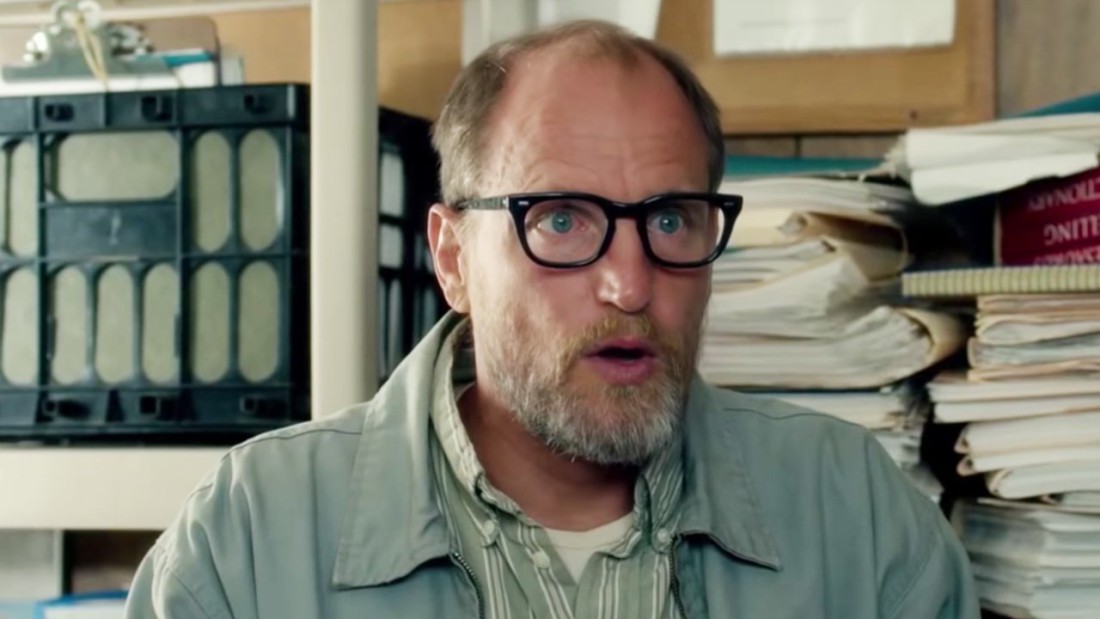
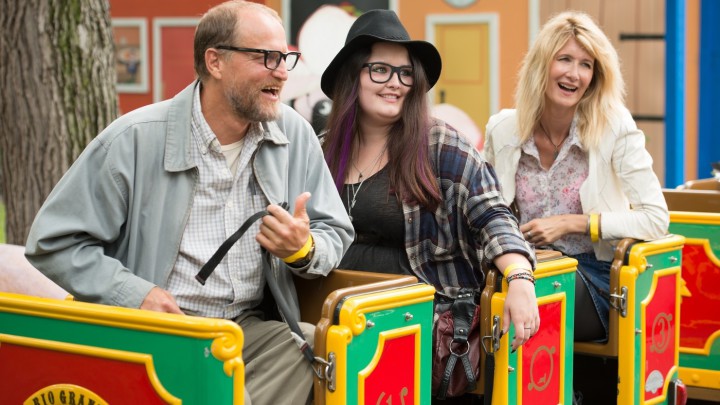
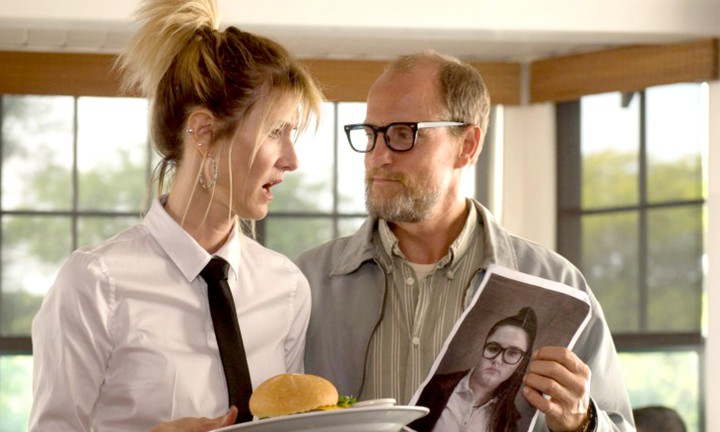

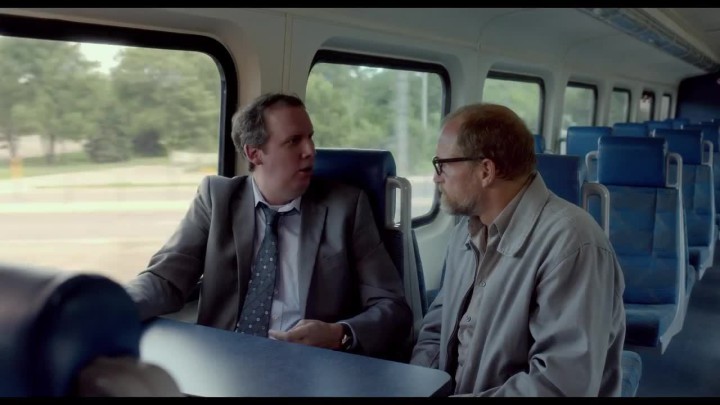

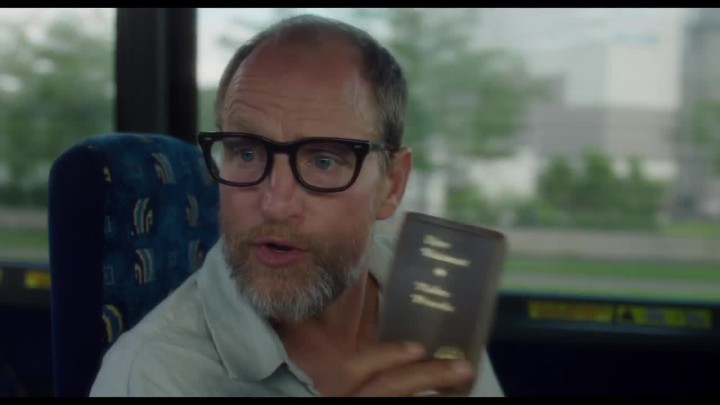

Mostly I agree with your review, but I liked the way the movie ended better than the book. It was nice to see the Wilson character evolve.